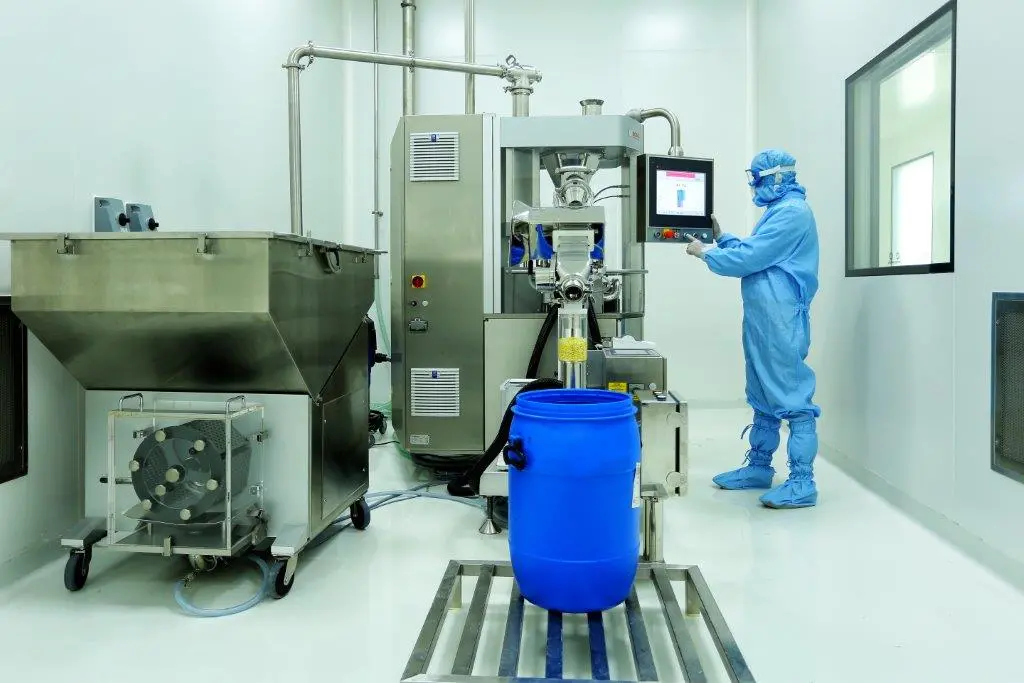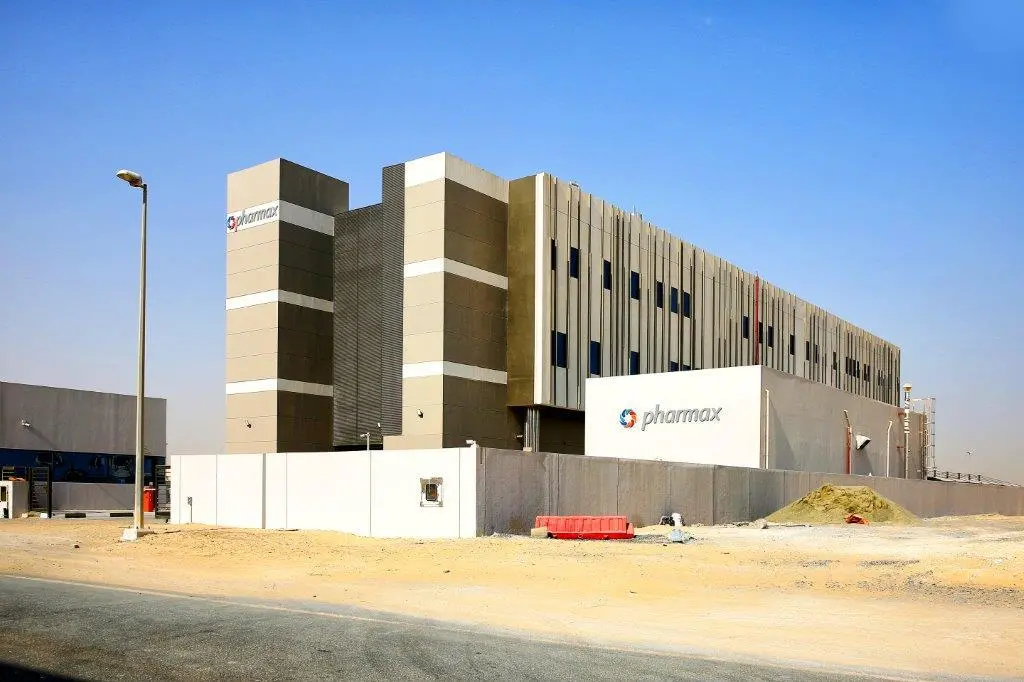PHOTO
The chief executive of Dubai's newest pharmaceutical factory has said that it indends to carve out a niche by producing locally-made, quality generic drugs for Gulf markets.
Madhukar Tanna, the chief executive of Pharmax Pharmaceuticals, said that his firm would focus on producing smaller batches of higher-specification drugs to treat chronic conditions in fields such as cardiology, psychiatry, neurology, gastroenterology and metabolic disorders such as diabetes, among others.
"We have created this facility with a very clear objective of developing medications for chronic illness. What it means is that we are not going to produce the paracetamols of this world," Tanna said to Zawya in a telephone interview on Monday.
He added that the firm was also "not going to focus on the large volume, low-margin tender business", competing for contract manufacturing work.
"We have designed a facility to manufacture sometimes low batch size but very critically important molecules. In cardiology, for example ... we have the capability to produce small batches if the tablet is of 2mg or 5mg."
Earlier on Monday, Pharmax Pharmaceuticals (Pharmax) announced that its new, 100,000 sq ft, 125 million United Arab Emirates dirhams ($34 million) facility in Dubai Science Park had begun production. The plant, which has taken around three years to build, is currently capable of producing "over 200 million tablet and capsule dosage forms" per year, but this could increase to more than 800 million within the next 3-5 years, the company said in a press statement.
Tanna said in the same statement that the company also owned a similarly-sized, adjacent plot next to its plant, which can be used if the company needs to expand.


New pill production line (Photo: Pharmax Pharmaceuticals)
The plant was built by Al Ittihad Drug Store - a family-owned drug distribution company run by chief executive Ahmad Tabari. It formed a joint venture earlier this year with two established Moroccan drug manufacturers , Cooper Pharma and Bottu Pharmaceuticals, to create Pharmax.
Cooper Pharma has been in business since 1933 and Bottu Pharmaceuticals since 1952, according to their respective company websites. Tanna described them as “well-managed, very professionally-run organizations - financially very sound”.
"Both companies have ambitions to grow beyond North Africa from their home base,” he told Zawya.
The new Pharmax plant received a Good Manufacturing Practice licence in March, and Tanna said that it will seek EU (European Union) certification “in the next few months”. The company is also now seeking approval from UAE health authorities for its first five products.
When asked how long he thinks this will take, Tanna said: “It's a burning question…. but we are very hopeful that in less than six months, we are expecting approval for the first five products we have submitted.”
Some of the products the company is looking to develop are a generic version of Astrazeneca's Nexium used to treat peptic ulcers and venlafaxine (a generic version of Pfizer’s Effexor used to treat depression). Tanna said that it is also looking to produce “supergenerics” offering improved drug delivery mechanisms.
For instance, he said it will look to produce a quick release version of zolmitriptan, which is used to treat migraines, for fast pain relief.
Tanna said that although generic drugs have not been widely used in the UAE, as physicians could not be sure of the provenance of some of the products in the market.
He said that Pharmax’s aim is to develop the necessary approvals in the UAE to develop the trust required for their wider adoption.
“We have made this known - and we will be it making known when we go into the market - to show that we are equivalent (to branded medicines) and there is no hesitation to switch… that there will be at least 40 percent savings.”
He said that branded medicines for chronic illnesses can cost between 50-250 dirhams per pack, and that patients may need one or two packs per month for prescriptions that can run for several months.
“So you can calculate the savings. Even if you have health insurance, insurance companies are not going to pay (extra) if something is equivalent ,” he said.
Once it gains approval in the UAE for their use, Tanna said that it will then seek to enter other markets in the region, starting with Saudi Arabia.
There are already signs that generic drugs are gaining wider acceptance, especially in the UAE. On July 31, Abu Dhabi’s Department of Health said that from September, it would introduce a new mechanism aimed at encouraging the dispensing of generic medicines “that have the same drug efficacy and safety” as branded products.
According to the organisers of the CPhI Middle East & Africa conference on generic medicines, which takes place in Abu Dhabi next week, the market for generic drugs in the Gulf Cooperation Council was worth $1.55 billion in 2016 (the most recent year for which figures are available), having grown at a compound annual rate of 15 percent over the previous eight years.
Pharmax said in its statement yesterday that its new facility already employs more than 40 staff, and that it plans to add 15 more “in the coming months”.
(Reporting by Michael Fahy; Editing by Mily Chakrabarty)
(michael.fahy@thomsonreuters.com)
Our Standards: The Thomson Reuters Trust Principles
Disclaimer: This article is provided for informational purposes only. The content does not provide tax, legal or investment advice or opinion regarding the suitability, value or profitability of any particular security, portfolio or investment strategy. Read our full disclaimer policy here.
© ZAWYA 2018





















